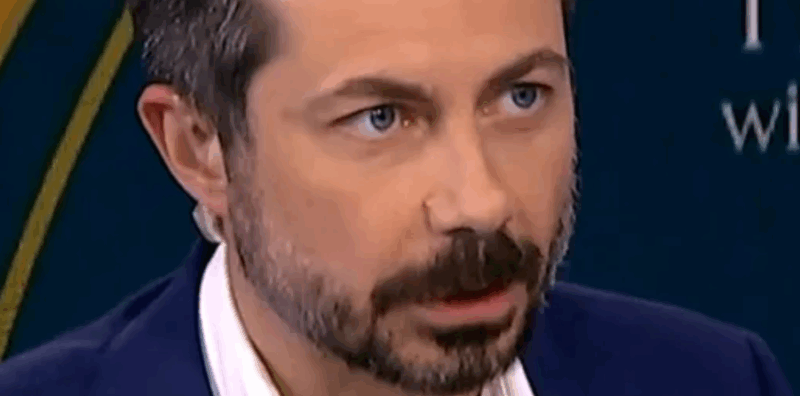Buttigieg Comments On Those Struggle with Low Income
When even Pete Buttigieg is sounding the alarm, you know something’s wrong in Democratland.
This week, in an interview that might as well have been titled “How We Lost the Plot”, the former Transportation Secretary admitted what much of middle America has known for years: the Democratic Party has a serious working-class problem. Speaking to The New York Times, Buttigieg acknowledged that losing low-income voters in the 2024 election cycle was a “huge problem.” And that might be the understatement of the year.
For a party that once styled itself as the voice of the working class, the shift has been dramatic—and self-inflicted. Over the past decade, Democrats traded the language of kitchen-table economics for culture war rhetoric, identity obsession, and an unrelenting fixation on Donald Trump. In their effort to project progressive virtue, they forgot the very people they claimed to champion: the working poor, middle-class families, and those simply trying to get by.
Buttigieg admitted as much. While offering a vague reflection about how Democrats should refocus on the constituencies they “counted on,” he inadvertently highlighted a glaring truth—Democrats took these communities for granted.
For decades, they banked on loyalty from blue-collar workers, minorities, and lower-income voters. In return, those voters got slogans, bureaucratic red tape, and ideological crusades detached from their daily realities.
In perhaps his most revealing moment, Buttigieg pointed to the party’s failure to grasp the significance of the border crisis. For years, Democratic leaders dismissed the surge in illegal immigration as a conservative talking point. But Buttigieg now admits what millions of Americans saw with their own eyes: the border wasn’t just a policy failure—it was a disaster with real, tangible consequences.
And then there’s the glaring omission: he glosses over the fact that this crisis wasn’t just mismanaged—it was enabled. Under President Joe Biden, the southern border essentially became a sieve. And while Buttigieg subtly blamed Republicans for “blocking bills,” he ignored the administration’s executive inaction and refusal to enforce laws already on the books. Trump did it without Congress. Why couldn’t Biden?
Perhaps most telling is Buttigieg’s brief pivot to future ambitions. His remarks sound like early groundwork for a 2028 run, but the subtext is clear: the Democrat brand is faltering with the very voters who once formed its backbone. The old political calculus—promise, posture, pivot—no longer holds. Americans are demanding results, not rhetoric.
For now, the Democrat Party stands at a crossroads. Continue on its current trajectory, and it risks permanent estrangement from the working class. Shift course and reconnect with reality, and perhaps there’s still time to regain lost trust.


